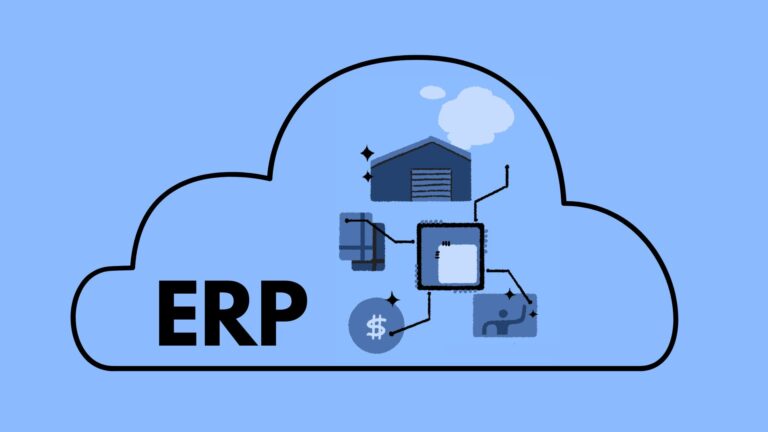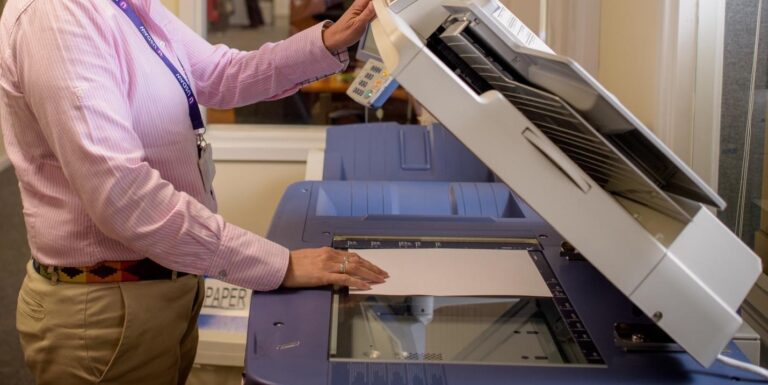ERP systems are becoming increasingly popular for pharmaceutical companies looking to streamline their operations and maximise efficiency. By integrating key business processes into a single system, ERP can help organisations improve communication and coordination between departments while also providing real-time visibility into company performance.
What is ERP, and why is it essential for the pharmaceutical industry?
ERP (Enterprise Resource Planning) is a system that helps manage and integrate all the different parts of a business. It can provide a single system that links finance, marketing, sales, production, and other areas. In the pharmaceutical industry, ERP can manage Drug Master Files (DMF), track manufacturing processes, manage drug recalls, and more. ERP is an essential tool for the pharmaceutical industry because it can help improve efficiency and accuracy.
ERP helps streamline operations and maximise efficiency
ERP software can significantly improve and streamline a company’s operations. This system can help to maximise efficiency by automating and integrating many business processes. ERP can help to enhance communication and coordination among different departments, and it can also help to improve decision-making. In addition, ERP software can help to automate many financial and inventory processes.
A well-designed and implemented ERP system can help to streamline operations and improve efficiency in the pharmaceutical sector. By providing a unified view of critical business data, ERP can help improve decision-making and reduce the time spent on administrative tasks. In addition, an ERP solution helps to automate business processes and enhance communication between different departments. This can lead to a more streamlined and efficient operation and better customer satisfaction.
ERP helps reduce costs and improve profitability
ERP can help reduce costs and improve profitability in several ways:
- It can help you track inventory levels and ordering patterns, so you can order just what you need and avoid overstocking or running out of items.
- It can help automate financial processes, such as billing and invoicing, so you can speed up the order-to-cash cycle and reduce accounting and administrative costs.
- It can help you standardise processes and procedures across your organisation so that you can operate more efficiently.
- It can help you manage customer relationships to better understand your customers’ needs and wants and improve customer service.
ERP help improve supply chain management and inventory levels
Inventory and supply chains are critical to the pharmaceutical industry, and ERP systems play a significant role in managing and tracking them. ERP systems help ensure that inventory is properly tracked and that supplies are consistently available to meet customer demand. They also help to ensure that stock is secured correctly and that suppliers are closely monitored. In addition, ERP systems can help pharmaceutical companies to optimise their supply chains and to respond quickly to changes in demand. As a result, ERP systems can help improve the pharmaceutical industry’s scalability and profitability.
ERP software can also help improve supply chain management in several ways. One of the most important benefits is that ERP systems provide a unified view of the entire supply chain. This allows companies to identify and address issues and disruptions as they occur more quickly. In addition, ERP systems can help improve inventory management, leading to lower costs and enhanced customer service.
ERP help improve drug product costing
A number of costs are assigned to a drug product, and among different ones, companies are required to calculate the expenses connected with supply chain monitoring, raw materials management, and materials procurement.
However, with the help of advanced ERP software, this expense is personally saved in various departments. This way, if the data is changed or even updated, the new numbers get synchronised. The strategy helps cut down the final product cost immensely. The ERP software also helps all authorised team members to get instant and saved access to the business data. Whenever any amendments are made, every team member can get the update and understand the results they would get in real time. It makes it very simple for the finance and accounts department to monitor cost numbers throughout various departments.
ERP help improves formula and recipe management
The recent pandemic has indicated the dire need for improving the present drug formulation while making the drugs very strong and effective. However, researchers work on drug formulas continuously to deal with rare and new diseases.
An ERP solution in the manufacturing industry can help manage pivotal ingredient formulas as well as drug formulations. There are various factors the company can choose and then introduce to overcome the obstacles in the recipe and formula management.
What are the advantages of using ERP in the pharmaceutical industry?
ERP systems can help the pharmaceutical industry improve its efficiency and operations. By tracking and managing inventory and orders, ERP can help ensure that the right drugs are available when needed. It can also help manage production schedules, track shipping and delivery, and collect payments and billing. Additionally, ERP can help with regulatory compliance, ensuring that all necessary safety and quality requirements are met.
Overall, ERP systems offer a wealth of benefits to pharmaceutical companies looking to improve profitability and streamline operations. By integrating key business processes into a single system, ERP can help organisations improve communication and coordination between departments while also providing real-time visibility into company performance.
What are the challenges of implementing ERP in the pharmaceutical industry?
Pharmaceutical companies face several key challenges when implementing ERP systems. One of the most critical challenges is ensuring that the ERP system can handle complex business processes in the pharmaceutical industry. In addition, pharmaceutical companies must often coordinate their ERP implementations with other departments, such as manufacturing.
Pharmaceutical companies must ensure that their ERP systems comply with government regulations. Since the government heavily regulates pharmaceutical companies, they must adhere to specific standards and regulations to sell their products. It can implement an ERP system is a challenge, as the system must meet the specific needs of the pharmaceutical industry. Particular challenges come with tracking and managing inventory in a pharmaceutical company and ensuring that the data is secure.
Down the Line
As technology continues to change the way of businesses, the pharma industry is but obviously the prominent one. The pharmaceutical sector includes stringent rules, complicated processes, and a wide array of clients. The role of the pharma manufacturing industry is becoming more dominant, and the market leaders in the industry are embracing new tools continuously. Also, the requirement for business function re-engineering is essential to stay aligned with the functions with tech-advanced technology.











1 thought on “What is The Major Role of ERP in The Pharmaceutical Industry?”
Your home is valueble for me. Thanks!…